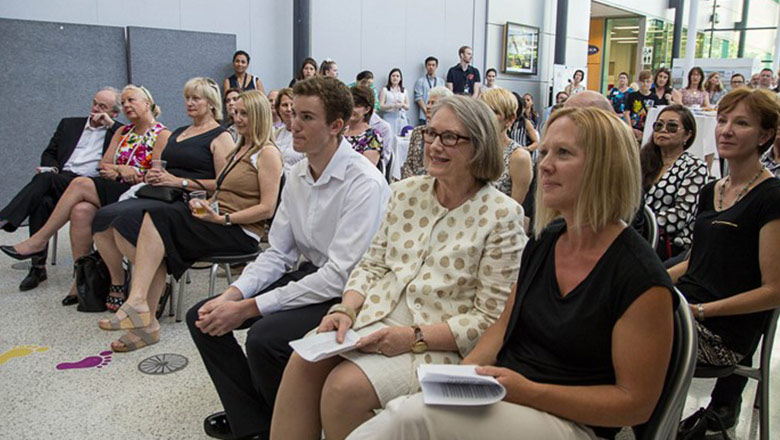Search

News & Events
Don't miss our first Community ConversationDo you have T1D or care for someone who does? If so, tell us what you think about our research and clinical service at our Community Conversation on November 21

News & Events
Are you replacing a CGM transmitter prematurely?Are you replacing a CGM transmitter prematurely? There seems to be some confusion as to how long to keep using the transmitters.

News & Events
Discover Day - register your interestThe Kids Research Institute Australia’s Discover Day is on again and this year it’s bigger and better than ever.

News & Events
Kids rock out at diabetes campKids living with Type 1 Diabetes were literally blown away when the Westpac Lifesaver Rescue Helicopter dropped in at the Diabetes WA and PMH kids' camp.

News & Events
Lucia's journeyMeet 11-year-old Lucia, who was diagnosed with Type 1 Diabetes when she was 10. Read all about her journey and how she manages her disease in her own words.
News & Events
Medical AssessmentsPeople with type 1 diabetes require the completion of a Medical Assessment form for activities such as driving, skipper tickets and scuba-diving etc.

News & Events
Research Boost for Diabetes Team at Princess Margaret HospitalAfter an intensely competitive process, the research team at Princess Margaret Hospital were awarded $5.2million from a joint JDRF/NHMRC research grant.

News & Events
Major focus for children's diabetes research in WAResearch into childhood diabetes in Perth has been given a major boost with the launch of the WA Children's Diabetes Research and Education Centre for Research Excellence (CRE) on the eve of World Diabetes Day.

The Rio Tinto Children’s Diabetes Centre acknowledges the importance of those living with type 1 diabetes (T1D), those that care for them and the type 1 diabetes community (T1D community) in sharing your lived-experience.
For app support, please email diabetes.research@health.wa.gov.au
